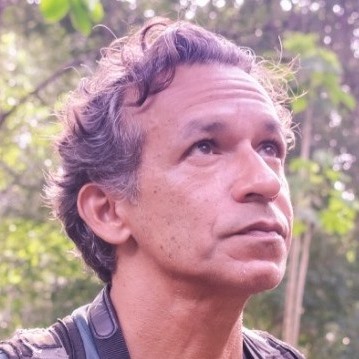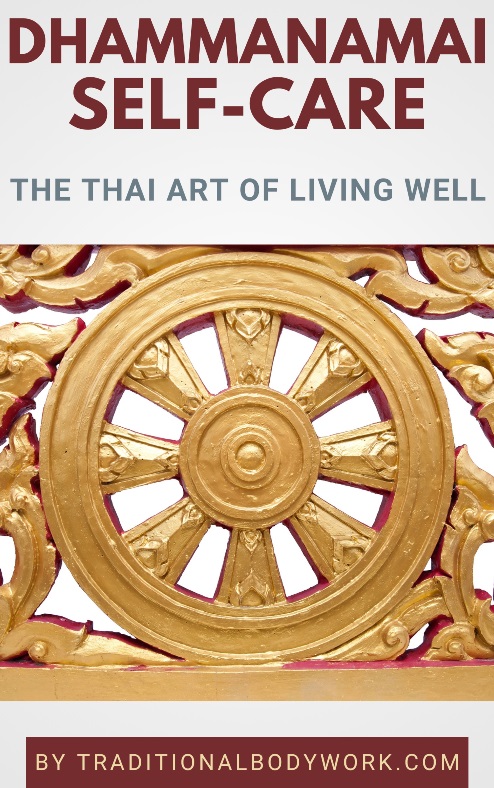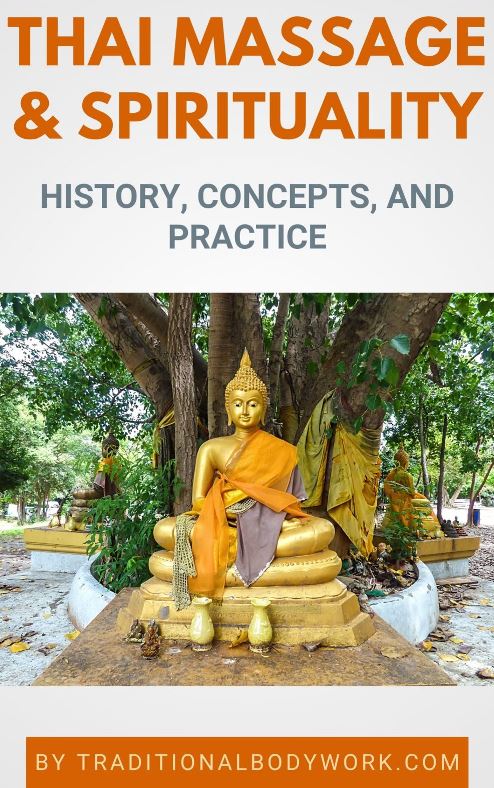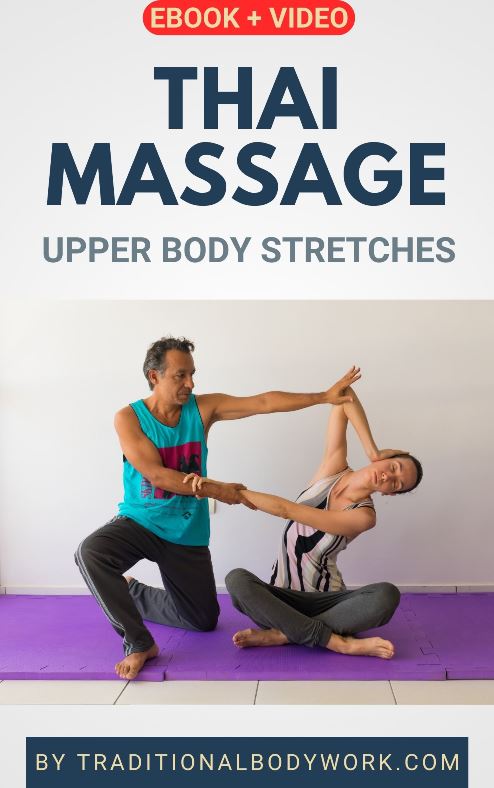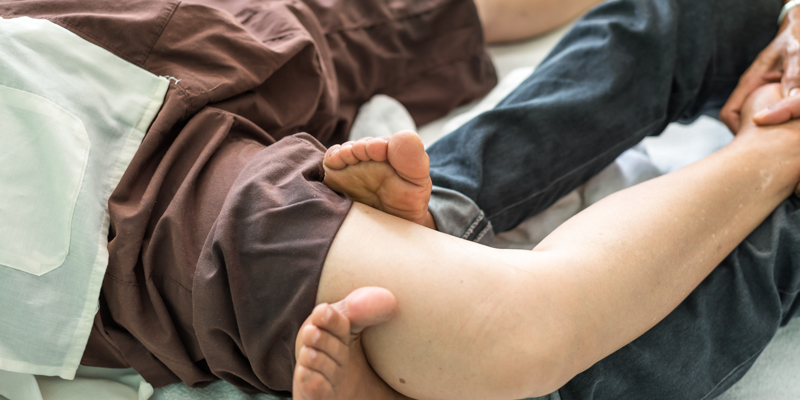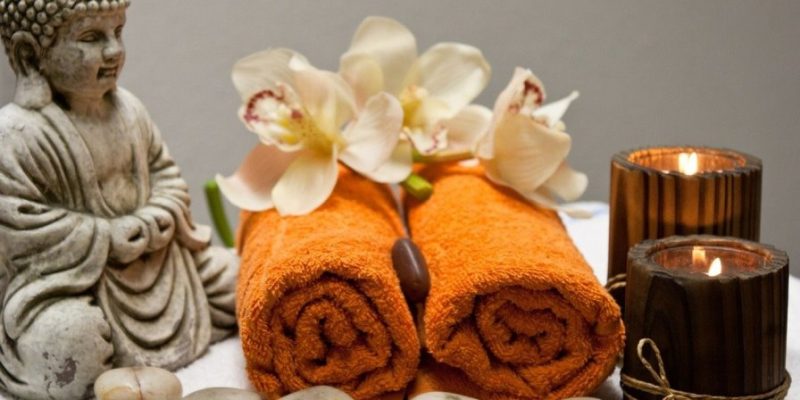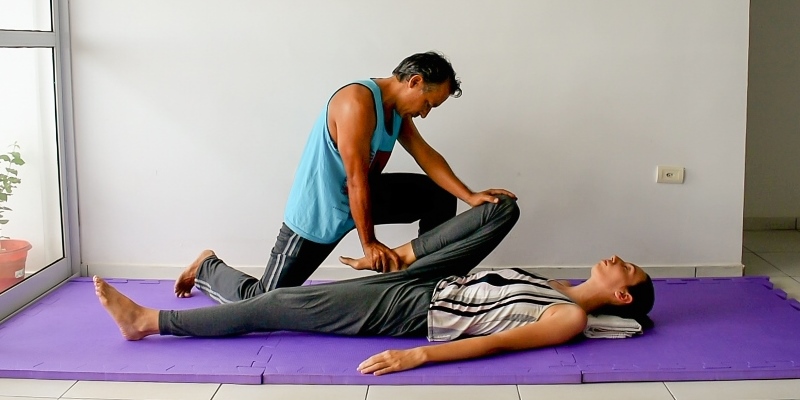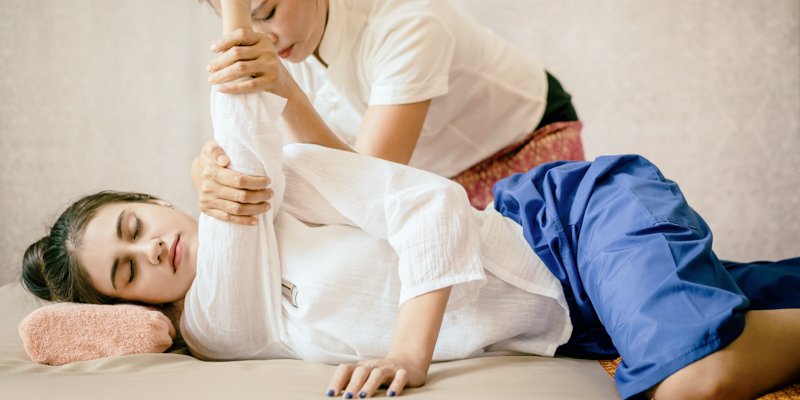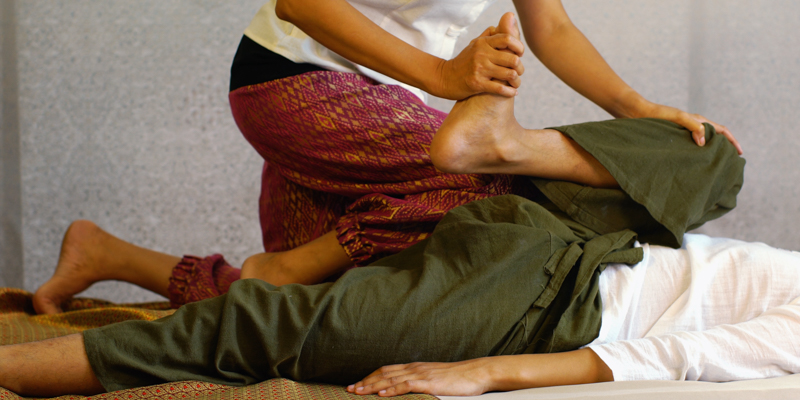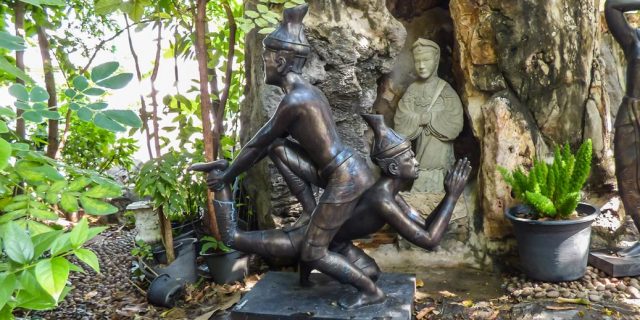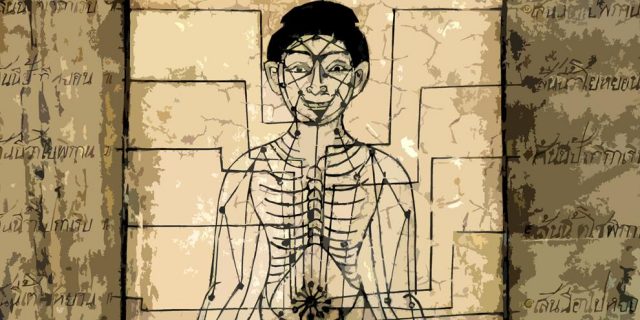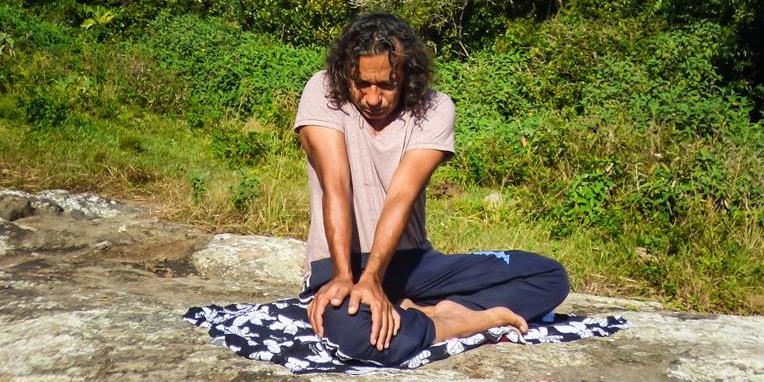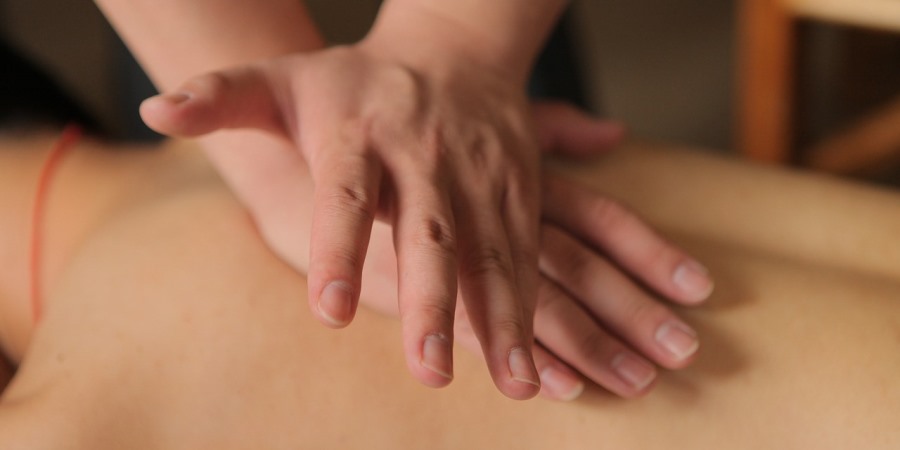
It’s often thought that a Thai Massage treatment session hurts, and there’s certainly some truth to that. Well, it can but not necessarily hurt, all depending on the style and goal of a Thai Massage applied, the cultural expectations of the receiver, and depending on the state of the receiver’s body.
Introduction
There’s this good old expression in Thailand, accompanied with the famous Thai smile, saying: “Good pain!” We actually also know this in the West where we have a kind of similar expression: “No pain, no gain!”
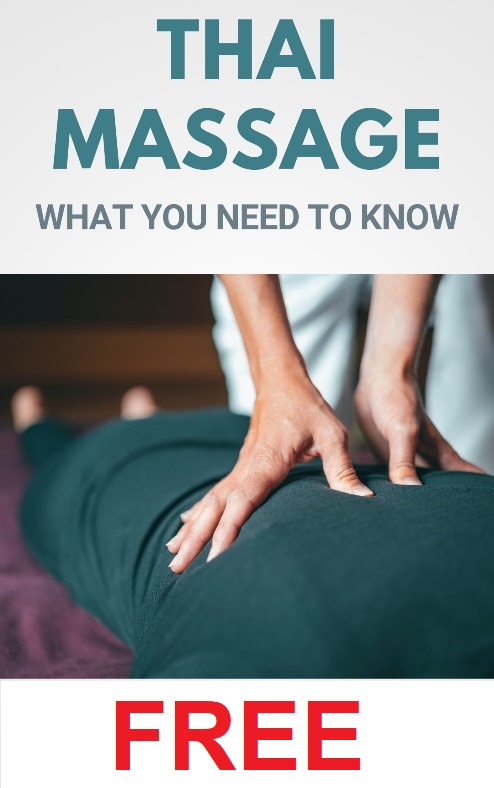
By the way, good pain is pain that only exists during a specific treatment action or session, and doesn’t last. It’s pain in the moment, and not long-lasting pain. It’s pain that often appears when you work on body parts where there’s excessive muscle tension or contraction, among other causes.
Yet, throughout the years, giving sessions and training courses in a variety of countries in Asia, Europe and South America, I’ve come to see that there’s more to the pain-thing than just experiencing or inflicting pain. There are distinct differences between cultures and countries in what exactly is considered pain, and moreover, if a massage treatment or bodywork should be painful or not.
Of course, there are always individual differences, but I don’t talk about those. For example, some people already experience a muscle stretch as extremely painful and something dangerous that will “break their body,” yet others find it very relaxing to feel the tension of a deep stretch and don’t associate it with pain at all.
In Asia
So, in Asia, for instance, there’s the general idea that traditional massage should be painful, for else it’s not considered a good massage. I’ve been asked several times in Thailand (by Thai clients) “what the heck I was doing,” when I didn’t go deep enough, that is, if it wasn’t painful or intense for the receiver.
Traditional massage is generally considered therapeutic in Asia, so, it should inflict “good pain” (what isn’t really seen or experienced as real pain) to be of a healing quality. People in Asia usually want to “feel something.”
In Germany
In Germany, on the other hand, clients want to avoid any form of pain. Usually, for Germans, when a massage session hurts, it’s not considered a good massage at all. The idea is that a massage treatment should be relaxing and soothing. It has cost me much effort, again and again, to explain to my German clients that they may experience pain when receiving my treatment.
I repeatedly stressed that I work therapeutically and exercise a “tough” Thai Massage style, and what’s more, that considering the state of their bodies, things at some points during the session probably will be “somewhat uncomfortable.” Perhaps needless to say that I “lost” many German clients before they had ever experienced a treatment of mine.
In France
Yet another example I’d like to give is the situation in France. French clients generally realize that a Thai Massage treatment can or will hurt, they don’t like that at all, but they have very much adopted the “no pain, no gain” slogan. And although the French need continuous reassurance from the therapist, it made it much easier to give sessions in France than in Germany.
And Finally
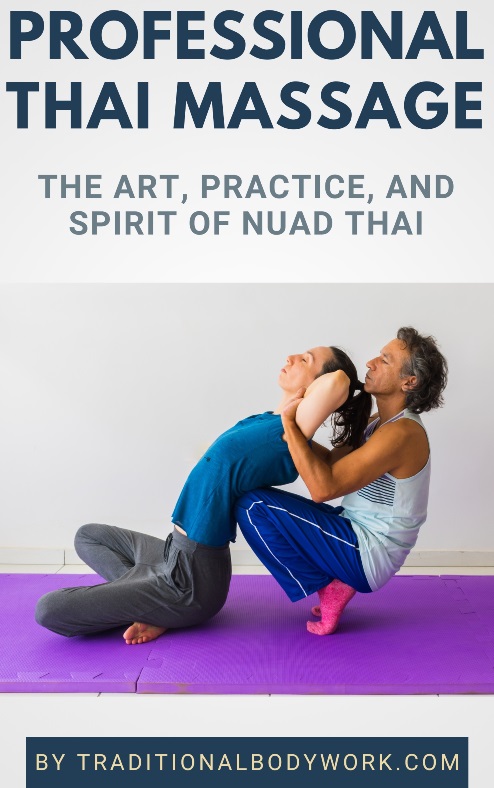
I could give you more examples of the cultural differences in pain related issues, like for instance with the Spanish, Brazilians, or Dutch, but I think by now you’ll have grasped what I wanted to convey.
Pain, wanting it or not, accepting it or not, and even feeling it as such or not, very much depends on both the expectations of individual clients and general expectations of clients in their cultural context.
Realizing that is of vital importance for a therapist. Adapting to your type of clients, their individual and cultural expectations and knowing how to deal with pain-issues is primordial to becoming or being a successful Thai masseur or healer.

